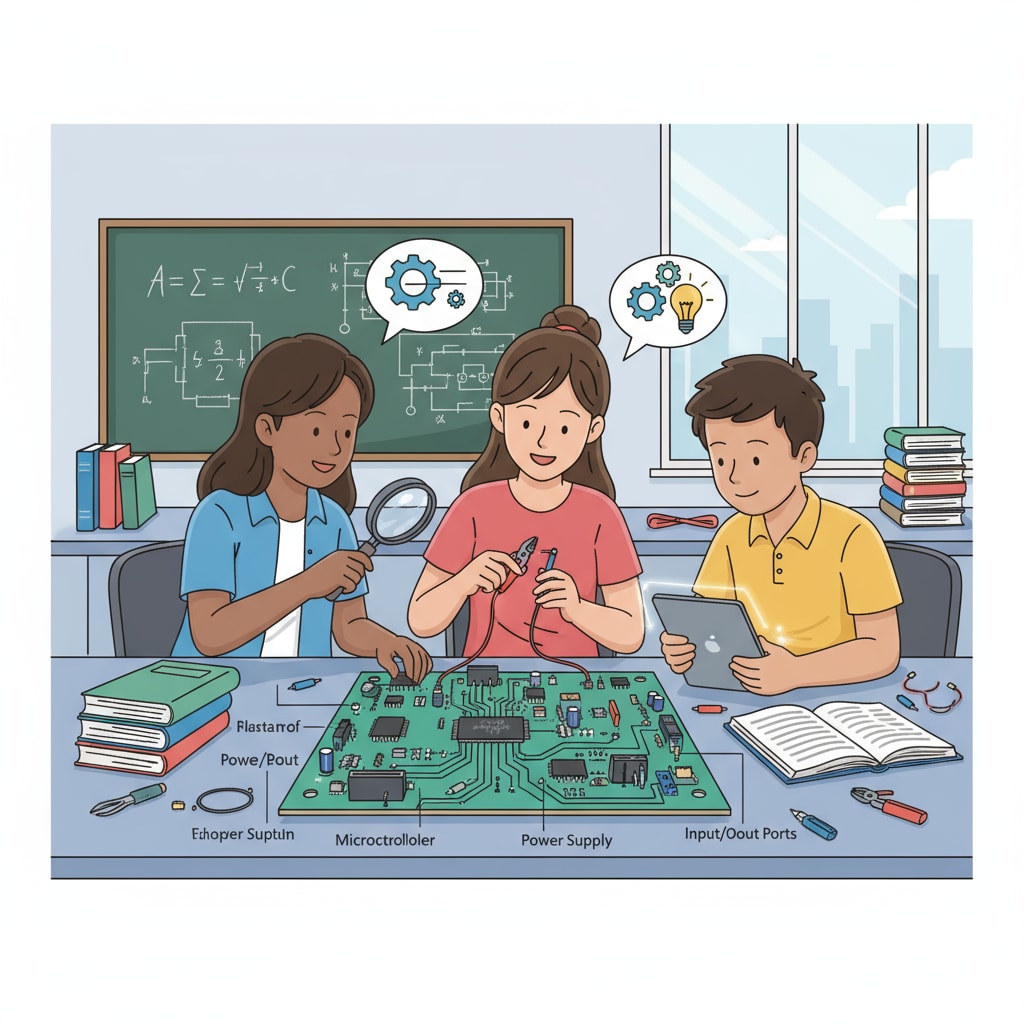Ultralearning, along with effective learning methods, a high level of专注力 (focus), and consistent practice, is revolutionizing the K12 education landscape. In today’s fast-paced world, students often get caught up in the race for quick results, sacrificing deep understanding. However, by applying the concepts from “Ultralearning”, we can guide them towards a more profound and sustainable learning experience.

The Need for a Shift in K12 Learning
In K12 education, the traditional approach has often emphasized rote memorization and speed in covering the curriculum. This has led to students having a superficial understanding of subjects. For example, they might be able to regurgitate facts for a test but struggle to apply that knowledge in real-world situations. Ultralearning offers a different perspective. It encourages students to take control of their learning, focus on understanding concepts deeply, and engage in practical application.
Applying Ultralearning Principles
The nine learning principles in “Ultralearning” can be effectively integrated into K12 classrooms. One principle is setting clear learning goals. Teachers can help students define what they want to achieve in each subject. This clarity of purpose enhances focus. Another important aspect is creating a learning environment that promotes hands-on practice. For instance, science classes can include more experiments, and language arts can involve real-life writing projects. Learning techniques on Wikipedia provides a wealth of information on how different strategies can be implemented.

Moreover, the principle of building a learning network can be applied in K12. Students can collaborate with peers, teachers, and even external experts. This interaction not only enriches their learning but also exposes them to different perspectives. Additionally, the concept of using retrieval practice can be incorporated into daily study routines. By regularly testing themselves on what they’ve learned, students can better retain information.
As a result of implementing these ultralearning principles, students in K12 education can develop better learning habits. They will be more focused during study sessions, and their practice will be more targeted. This shift from surface learning to deep learning will prepare them for future academic challenges and real-life situations. Education on Britannica offers insights into the evolution of educational approaches.
Readability guidance: By using short paragraphs and lists, we’ve made the content easier to understand. Each H2 section has key points presented in a clear manner. The passive语态 (passive voice) is kept to a minimum, and transition words are used throughout to enhance the flow of the article.


